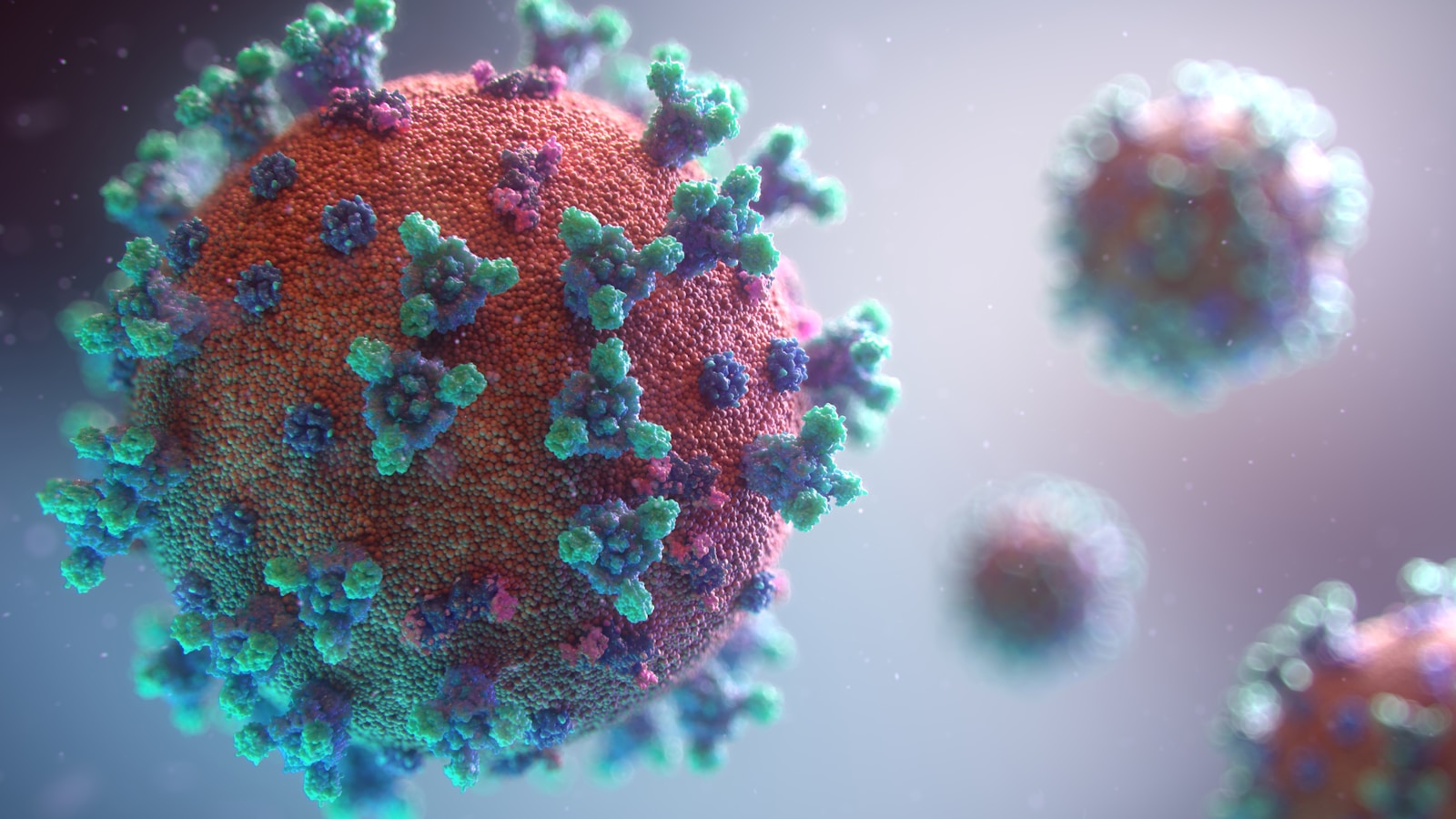Understanding Sexually Transmitted Diseases with the terms “STI” and “STD” is important. Both refer to illnesses that are passed through sexual contact. But there is a difference between the two. Let’s explore these terms and how they are used.
STI vs STD Meaning
The term “STD” stands for sexually transmitted diseases. This term is used when an infection causes symptoms. For example, gonorrhea is an STD because it often causes pain or discharge.
The term “STI” stands for sexually transmitted infection. This term is used when someone has an infection but no symptoms. For example, a person can have gonorrhea without feeling sick. In this case, gonorrhea is an STI.
Using “STI” instead of “STD” helps remind us that not all infections cause symptoms. Many people have STIs and don’t know it. This is why regular testing is important.
Common Sexually Transmitted Diseases and Infections
There are many types of sexually transmitted diseases and infections. Some common ones are:
- Gonorrhea: A bacterial infection that can affect the genitals, rectum, and throat.
- Chlamydia: Another bacterial infection, often without symptoms, but can cause serious health problems if untreated.
- Syphilis: A bacterial infection that can cause sores and serious health problems if not treated.
- HIV/AIDS: A virus that attacks the immune system, making it hard for the body to fight off infections.
- Herpes: A virus that causes sores on the genitals or mouth.
Why the Terms Matter
Using the right term helps doctors and patients talk clearly. It helps people understand their health better. Knowing the difference between STI vs STD meaning helps in recognizing the importance of regular testing and safe sex practices.
Gonorrhea Treatment Options
If you have gonorrhea, doctors can help with treatment. Here are some common medicines used:
- Ceftriaxone: This is a shot. It works well against gonorrhea.
- Azithromycin: This is a pill. It is often given with ceftriaxone.
- Doxycycline: This pill is used if you are allergic to other medicines.
- Gentamicin: This shot is an option if ceftriaxone does not work.
- Ciprofloxacin: This pill is not used as much anymore because some gonorrhea strains resist it.
It is important to take all the medicine your doctor gives you. Do not share your medicine with others. Follow your doctor’s instructions carefully.
Potential Complications
If you do not treat sexually transmitted infections like gonorrhea, it can cause serious problems. Here are some issues that can happen:
- For Women: Gonorrhea can lead to pelvic inflammatory disease (PID). PID can cause long-term pain and make it hard to get pregnant.
- For Men: Gonorrhea can cause pain in the tubes attached to the testicles. This can lead to infertility.
- For Both Men and Women: The infection can spread to your blood or joints. This is rare but very serious and can even be life-threatening.
- For Babies: A pregnant woman with gonorrhea can give the infection to her baby during birth. This can cause blindness or a blood infection in the baby.
Prevention is key. Use condoms every time you have sex. Talk to your partner about sexually transmitted diseases. Get tested regularly.
Getting tested and treated for sexually transmitted infections is important. It keeps you healthy and helps stop the spread of the disease to others.
The best way to avoid sexually transmitted infections is to practice safe sex. Get tested regularly. If you have an infection, follow your doctor’s advice.
If you think you have an infection, see a doctor right away. The sooner you get treated, the better.
FAQs
What is the difference between STI and STD?
STI means sexually transmitted infection and STD means sexually transmitted disease. STI is used when there are no symptoms; STD is used when there are symptoms.
Why is regular testing for STIs important?
Regular testing is important because many STIs do not cause symptoms. Testing helps find and treat infections early.
What are common treatments for gonorrhea?
Common treatments for gonorrhea include antibiotics like ceftriaxone, azithromycin, doxycycline, gentamicin, and ciprofloxacin.
Can STIs cause serious health problems?
Yes, untreated STIs can cause serious health problems like pelvic inflammatory disease, infertility, and life-threatening infections.
How can sexually transmitted infections be prevented?
STIs can be prevented by using condoms during sex and getting regular tests.



